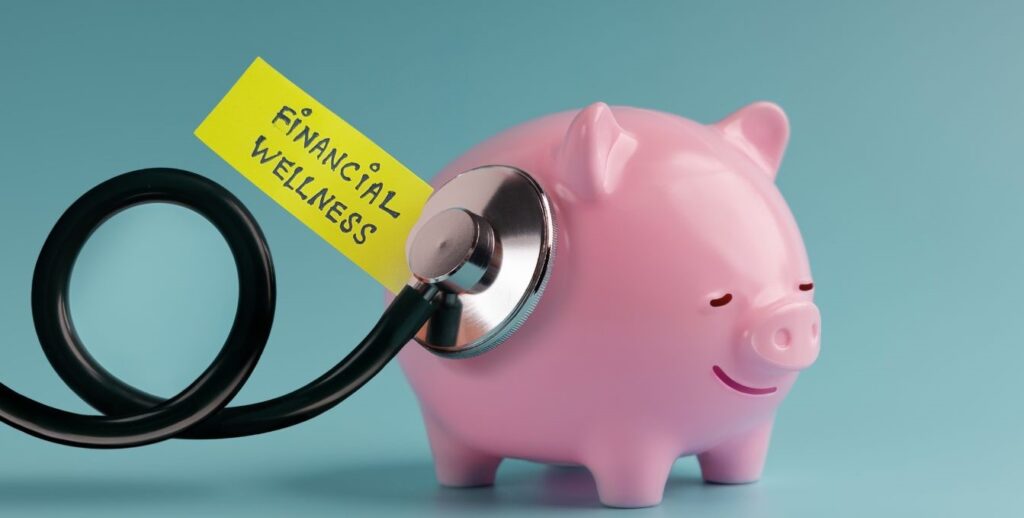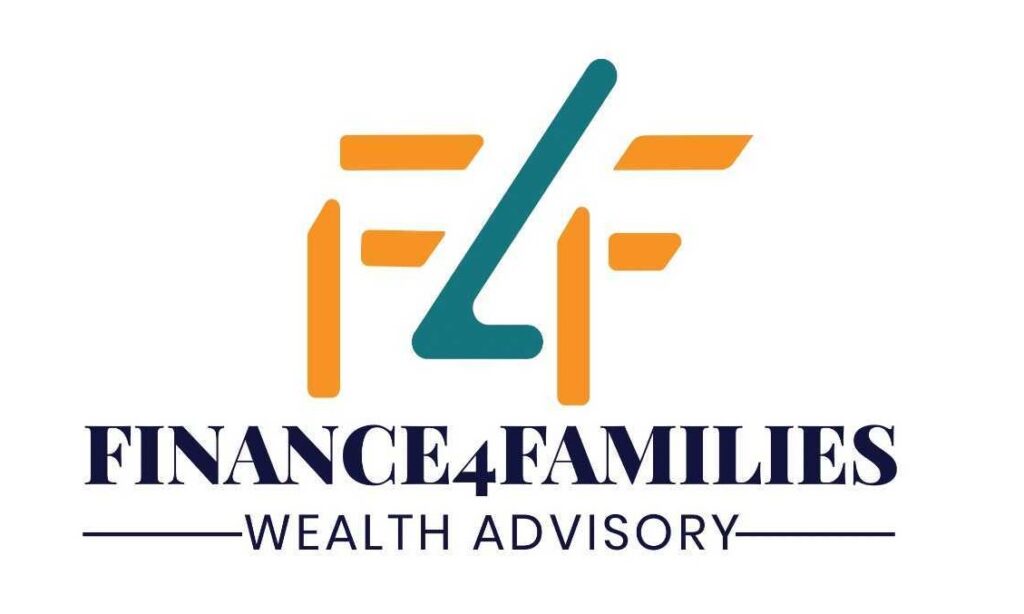Financial wellness refers to a state of financial well-being where you have control over your day-to-day finances, are prepared for emergencies, are on track to meet your financial goals, and feel secure about your financial future. It’s about more than just having money—it’s about managing your resources in a way that reduces stress and allows you to live comfortably, both now and in the future.
Why Financial Wellness Matters
In Kenya, as in many other parts of the world, financial stress is a common issue. According to a report by Financial Sector Deepening (FSD) Kenya, about 54% of Kenyans face financial vulnerability, meaning they are just one financial emergency away from hardship. This could be due to medical expenses, job loss, or unexpected repairs, leading to debt and financial insecurity.
Financial wellness is important because it empowers you to take control of your finances and make informed decisions. It’s about having the resources and knowledge to handle financial surprises, meet long-term goals, and enjoy a quality life without constantly worrying about money.
Creating financial wellness involves four key areas:
1. Budgeting and Managing Expenses
A crucial part of financial wellness is knowing where your money goes each month. Budgeting allows you to track your income and expenses, ensuring that you are living within your means. Without a clear budget, it’s easy to overspend and fall into debt, which can compromise your financial stability.
Action Step: Start by writing down your income and all monthly expenses. This will help you identify where you can cut unnecessary spending and reallocate funds to savings, Investing and/or debt repayment.
2. Build Your Savings
Savings are a cornerstone of financial wellness. Having a safety net for unexpected expenses prevents financial emergencies from derailing your plans. In Kenya, however, only 22% of adults have access to formal savings, with many relying on informal systems like chamas and merry-go-rounds.
While these savings groups are valuable, they might not always offer the security or growth potential of formal savings accounts. By opening a savings account or investing in a secure vehicle like government bonds, you can grow your money while keeping it safe.
Action Step: Aim to build an emergency fund that can cover at least three to six months of living expenses. Start small, setting aside a portion of your income regularly.
3. Managing Debt
Debt can either be a tool for growth or a source of financial stress. Good debt—such as a mortgage or business loan—can help you achieve long-term goals, while bad debt—like high-interest credit card debt—can weigh you down and lead to financial instability.
In Kenya, many households rely on informal credit or high-interest mobile loans to cover daily expenses. This can quickly spiral into unmanageable debt.
Action Step: If you’re struggling with debt, consider consolidating it into a lower-interest loan or speaking to a financial advisor for guidance on repayment strategies.
4. Investing for the Future
Beyond saving, investing is an essential part of growing wealth and securing financial wellness for the long term. Investments in stocks, bonds, real estate, or small businesses provide opportunities for wealth growth that surpass traditional savings accounts.
Despite Kenya’s rapidly expanding economy, less than 20% of Kenyans invest in formal financial markets. Without investments, your money’s growth is limited, and inflation can reduce your purchasing power over time.
Action Step: Start by educating yourself about different investment options. Consider low-risk investments like government bonds or money market funds as a starting point. Over time, you can diversify your portfolio into other areas like stocks or property.

Steps to Achieve Financial Wellness
Now that you understand the key pillars of financial wellness, here are some simple steps to help you get started:
1. Set Clear Financial Goals
Knowing what you want to achieve financially is the first step toward wellness. Whether it’s saving for an emergency fund, buying a house, or paying off debt, having specific, measurable goals gives you direction.
2. Track Your Income and Spending
Regularly monitoring where your money goes helps you stay on track. Use budgeting apps or spreadsheets to make sure you’re sticking to your financial plan.
3. Automate Savings and Investments
Set up automatic transfers to your savings or investment accounts so that you’re consistently putting money away for the future. Even small amounts add up over time.
4. Build a Financial Safety Net
Ensure you have adequate insurance for health, life, and property. This helps you avoid depleting your savings in case of unexpected events.
5. Seek Professional Guidance
If you’re not sure where to start or need help planning, a financial advisor can provide personalized advice to guide you toward financial wellness. Start the conversation HERE
Curve Your Path to Financial Wellness
Achieving financial wellness is a journey, not a destination. It requires discipline, planning, and sometimes, professional guidance. By focusing on budgeting, saving, managing debt, and investing, you can build a stable financial future that not only reduces your day-to-day stress but also helps you reach your long-term goals.
Need help getting started? As a financial advisor specializing in family wealth and financial planning, I can help you create a customized plan that fits your lifestyle and aspirations. Let’s Talk



